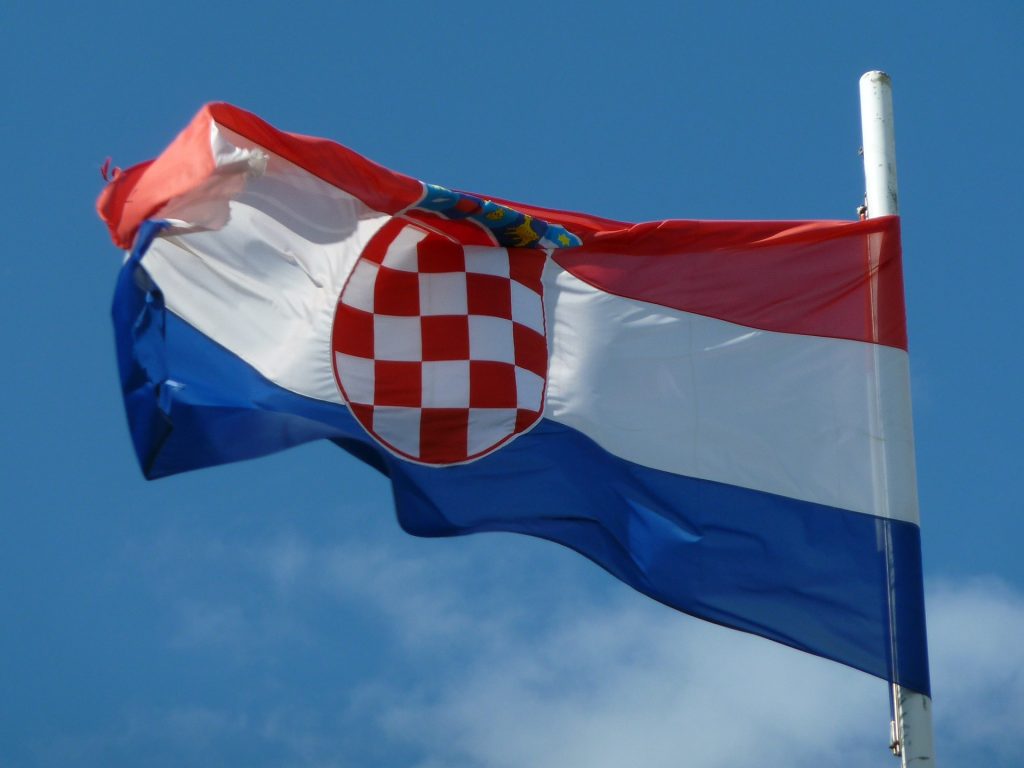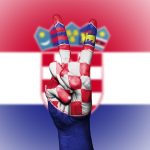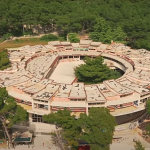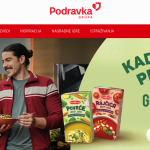December the 12th, 2023 – The Zagreb company Citus has won a gold award in Taiwan for its innovative MRAssistant solution.
As Poslovni Dnevnik/Josipa Ban writes, more than 100 different awards lie behind the successful Zagreb company Citus, which will celebrate 25 years of business in March next year. They recently also won gold in Taiwan for their latest innovation – MRAssistant.
The number of awards they’ve taken home, as they say, isn’t particularly important. What’s important is the new product, that is, the platform into which years of work, reflection, the exchange of ideas and persistence are deeply woven. All this culminated in MRAssistant – software intended for the contextualisation of the industrial environment.
The Zagreb company Citus’ software enables the true transformation of industrial plants, as well as traffic. Tomislav Bronzin, the founder and director of Citus, revealed that their solution will contribute to the improvement and acceleration of certain business processes. Here’s how.
A decade of tech development
It’s first worth noting that they have been developing their technology for the last ten years now. It is all virtual, mixed and augmented reality (VR, MR and AR), which, with the help of artificial intelligence (AI) enables the remote support, installation, repair, assembly and maintenance work in industrial plants. All of this is carried out either entirely remotely or as support to a person present on the ground.
“Our mixed reality platform contextualises the environment by mapping out certain positions. With the help of artificial intelligence, we went one step further. AI allows us to automatically recognise machines, their parts, and even the actual plants themselves.
Based on the person’s geo-location, the software recognises the machine, and, by connecting to the asset management system, provides all the necessary information and instructions about the repairs that need to be made. It also enables plant control and so on,” explained Bronzin.
The software maps the entire plant, meaning that an employee can tour the plant and make all of the necessary repairs using a smartphone, tablet or VR glasses. In addition to the plants, the system can also be used in traffic, allowing it to be monitored and managed from anywhere.
The “Nevera” of the Zagreb company Citus
MRAssistant is Citus’ Nevera. “It’s a demonstrative example of all of the technologies and innovations we’ve been working to develop over the years,” pointed out Bronzin. Over the years, they have protected their innovations, all of which are based on computer vision and artificial intelligence, with five patents. They recently submitted an application for the sixth – that of contextualising the environment. The Zagreb company Citus is therefore behind solutions that enable content management with the movement of the hand. They also developed software for reading facial expressions, recognising emotions, recognising gender and age groups, and even a system for the digital measurement of the human body.
All of this, in the end, resulted in MRAssistant, software on the development of which, in cooperation with the Faculty of Graphics in Zagreb, they worked for three years as part of the IRI 2 competition. The software, precisely at the moment when the application of artificial intelligence has never been more relevant, is starting to be commercialised after the system was tested in two companies, Končar Digital and Altpro.
“Expectations are high,” stated Bronzin, and how could they not be when various industries are being handed a tool that can transform their business to a large extent and reduce overall costs at the same time?
The needs of modern industry were the motive
The current needs of the industry in these rapidly altering times drove the idea forward for Citrus. After all, as this Zagreb company’s founder highlighted, innovations almost always arise as a response to business problems, and their greatest significance lies in the value they bring to a given company.
This enterprise largely owes its dependence on innovation to their very first headquarters, which was in the famous barracks in Drvinje, i.e. the first technology park in all of Zagreb. A culture of curiosity, ambition and cooperation was nurtured there back during a period when small technology companies had almost no support.
Fourteen employees
Although the beginnings were difficult, Bronzin is solid proof that it is possible to succeed even in a country that has a hard time accepting innovation in general. Today, the Zagreb company Citus is a small but very stable company with fourteen employees. The company’s revenues and number of employees are continuously growing, and most of its earnings are returned to research and development.
The result of this work are numerous completed projects, such as the smart fridge they made for Atlantic, the ticket vending machine project for Slovenian Railways, and they also worked on an event management project during the Croatian presidency of the EU Council.
Today, thanks to MRAssistant, new projects are being developed. One is the ARMuseum, with which they plan to introduce the augmented reality platform into museums. It should enrich the user experience for visitors thanks to the increased possibilities of the personalised interpretation of exhibitions. They also developed BookMedia, a multimedia platform for preparing digital educational content.
In all these projects, the small team from Citus collaborates with 43 experts from the world of science, which makes them an exception in Croatian society, as well as in terms of the number of innovation awards they have received.










